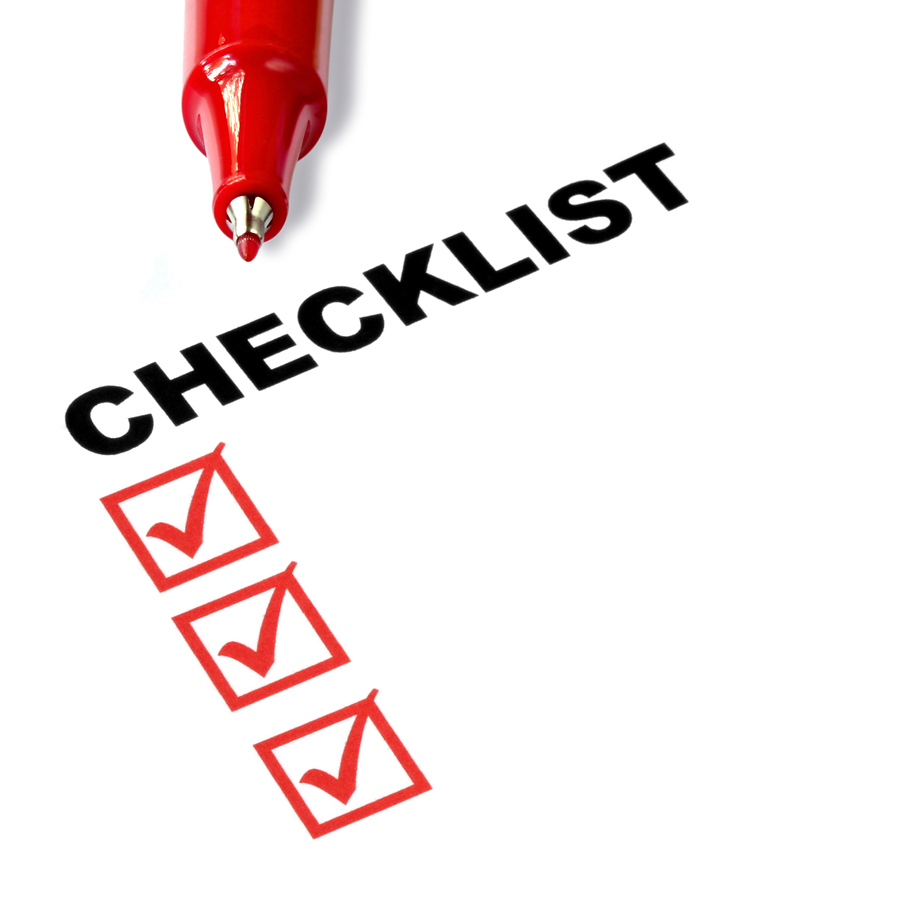Back in July, I signed with a New York agent, Rachel Ekstrom and then I explained the reasons why I want to pursue a hybrid career with my writing, with some books in traditional publishing and some …
Additional menu
Writing, self-publishing, book marketing, making a living with your writing

